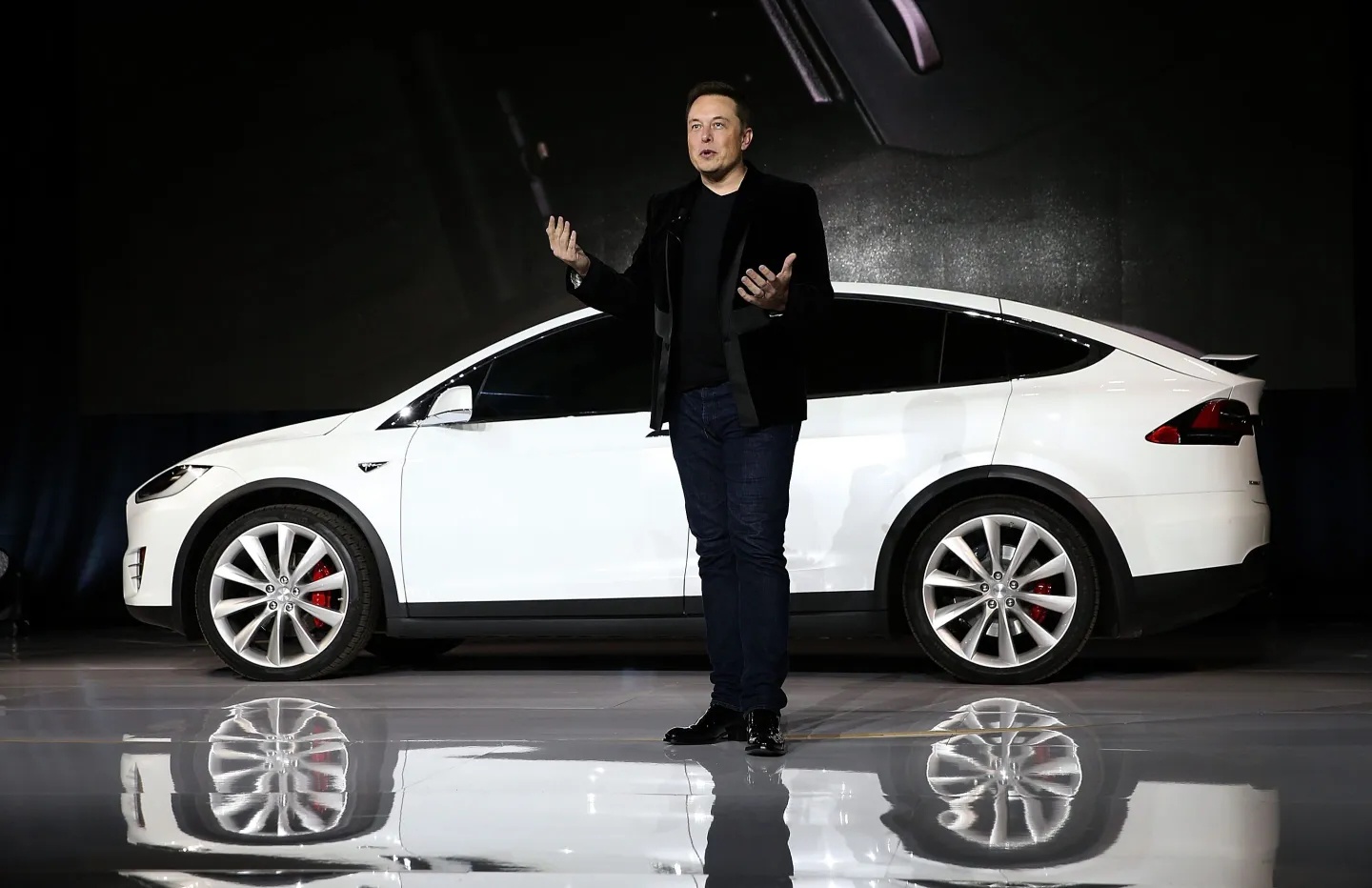From electric cars to rockets, Elon Musk’s ventures have captivated the world. What drives this tech billionaire? This exploration of Elon Musk, born in South Africa, delves into his multifaceted career. We will examine his impact on various industries, including social media, offering insights for aspiring founders, investors, and marketing leaders.
Whether you admire his audacity or question his methods, one thing is undeniable: Elon Musk is a force to be reckoned with. He currently holds the title of one of the world’s richest individuals.
Table Of Contents:
- Elon Musk’s Impact on Clean Energy
- SpaceX: Revolutionizing Space Exploration
- Elon Musk: Navigating Twitter (X) and Beyond
- The Boring Company and Neuralink: Exploring New Frontiers
- Elon Musk and Politics: A Complex Relationship
- Conclusion
Elon Musk’s Impact on Clean Energy
Elon Musk’s commitment to clean energy is evident through Tesla. Founded in 2003, Tesla Motors’ mission has been to accelerate the world’s transition to sustainable energy through electric vehicles.
From the Roadster sports car to the mass-market Model 3, Tesla has pushed the boundaries of electric vehicle technology. Tesla also offers energy storage solutions.
Products like the Powerwall, Megapack, and Solar Roof further its clean energy ecosystem. These products and Tesla’s Supercharger network tackle energy challenges for homes, businesses, and utilities. Tesla became the world’s first vertically integrated sustainable energy company after acquiring SolarCity.
Tesla’s Evolution and Controversies
Tesla’s journey hasn’t been solely triumphant. The company has faced scrutiny regarding its Autopilot system, highway traffic safety, and manufacturing problems.
There are also issues of overpromising on technologies. This has resulted in reputational damage to car buyers, who may lose trust in Musk’s pronouncements on Tesla technologies.
For startup founders, Tesla’s path underscores the importance of balancing innovation with realistic expectations. Tesla still produces industry-leading and cutting-edge electric vehicles like the Tesla Semi.
SpaceX: Revolutionizing Space Exploration
As lead designer at SpaceX, Elon Musk has revolutionized space travel. His vision extends beyond commercial ventures, aiming to make humanity a multi-planetary species. His long-term goal is a self-sustaining city on Mars.
Falcon 9, Dragon, and Starship: Key Milestones
SpaceX achieved groundbreaking milestones beginning in 2008. The Falcon 1 became the first privately developed liquid-fuel rocket to reach Earth orbit.
SpaceX further broke barriers by re-flying the Falcon 9 rocket and Dragon spacecraft. The Dragon spacecraft successfully docked with the International Space Station.
This was followed by Falcon Heavy’s launch in 2018. This made it the most powerful operational rocket in the world, capable of delivering heavier payloads into space. The company is developing Starlink and Starship. These projects target fully reusable spacecraft to help take humanity to Mars.
Elon Musk: Navigating Twitter (X) and Beyond
Then there is X, formerly Twitter. Musk’s $44 billion acquisition and rebranding have drawn scrutiny. Critics are concerned about his stance on censorship and online behavior.
This decision to change an established platform shows his willingness to go against established orthodoxy. Arguably, this move has reduced shareholder value. The privacy policy of the platform is constantly changing under Musk’s control.
Forbes estimates the platform lost 70% of its value under his ownership. This can act as a cautionary tale for investors about betting against prevailing opinions.
Understanding Musk’s Approach to Social Media and AI
His acquisition of Twitter and xAI demonstrates Musk’s understanding of digital technology. Examples of this include Starlink and Tesla’s Autopilot technology.
While sometimes seen as capricious, Musk understands digital channels’ influence, including government efficiency with tools like web browsers. xAI’s stated aim is to understand the “true nature of the Universe.”
Although seemingly concerned with science, perhaps his real driver is influence. He often gets political action committees and the general public talking.
The Boring Company and Neuralink: Exploring New Frontiers
Beyond SpaceX, Tesla, and xAI, Musk has other ventures. The Boring Company focuses on solving infrastructure problems through underground tunneling. It hopes to make sports cars a more viable transportation option even in gridlocked traffic.
Neuralink and the Future of Brain-Computer Interfaces
Then there is Neuralink. Neuralink aims to connect the human brain with computers. This may sound like science fiction, but its potential implications are vast.
For marketers, these ventures demonstrate Musk’s long-term approach to capturing public imagination. Musk uses methods such as news videos and Trump posts.
Elon Musk and Politics: A Complex Relationship
Musk’s political involvement, including his open source work, has raised eyebrows. His fluctuating opinions on former president-elect Donald Trump and his Super PAC activities illustrate this.
The controversial $1 million election giveaway raised questions about undue influence. It also sparked conversations about UK politics and the middle east.
From President-Elect Advice to Controversial Endorsements
Musk’s proposed government job cuts generated mixed reactions. These were generally perceived as aiming for better efficiency, such as joining open-source movements to create better electric car technology.
Elon Musk frames his actions as benefiting humanity’s progress. However, critics like Vivek Ramaswamy raise concerns about potential personal interests and their impact on climate change.
Conclusion
Elon Musk’s trajectory blends innovation, controversy, and ambition. From his electric car company, Tesla, to revolutionizing the space industry with SpaceX, to AI and neuroscience, his influence is undeniable.
He attended Stanford University, dropped out, and is now a chief executive changing the world. His story shows that thinking differently and having a long-term vision may be needed to tackle big challenges.
From both a marketer’s and an investor’s perspective, Elon Musk remains a figure to watch closely. His long-term vision is often highlighted as a key reason to pay attention to the trajectory of his ventures. However, it’s important to exercise caution when evaluating his influence and the risks associated with his projects.
Subscribe to my LEAN 360 newsletter to learn more about startup insights.





